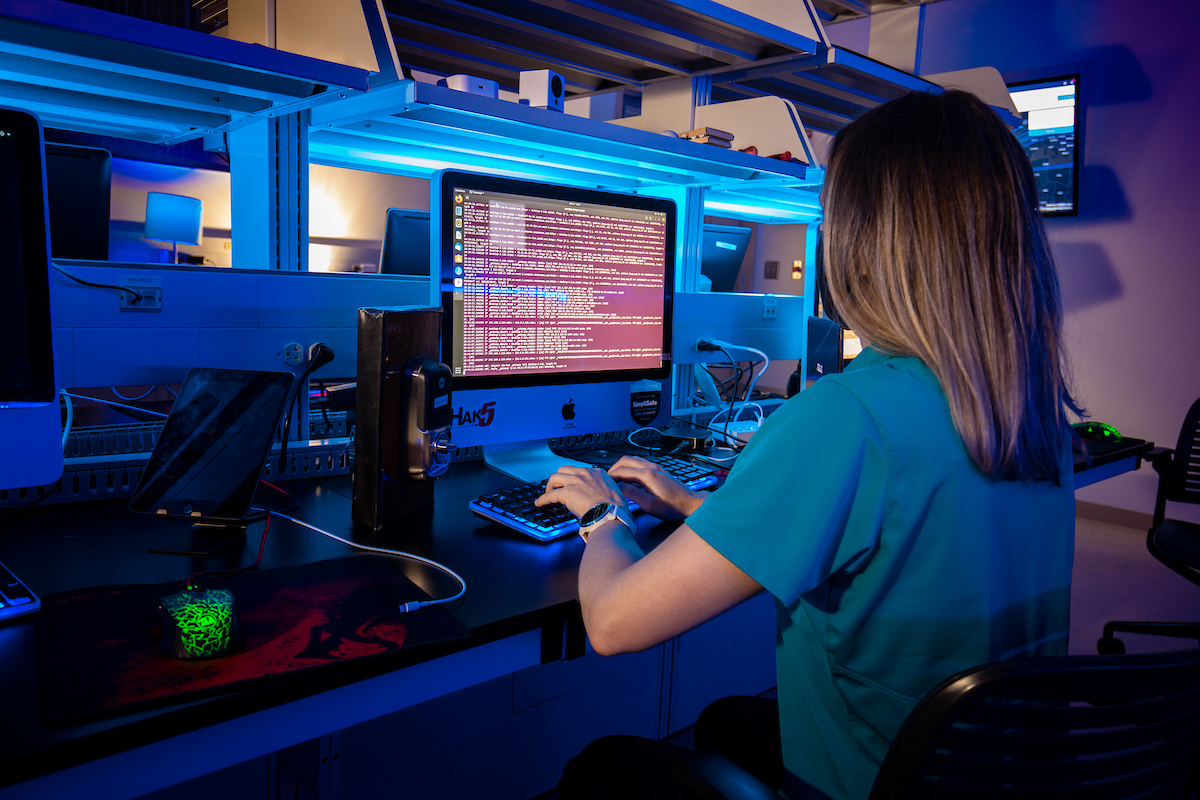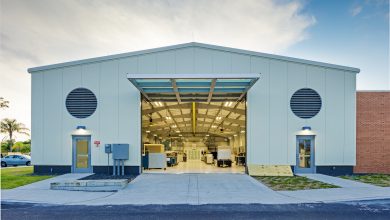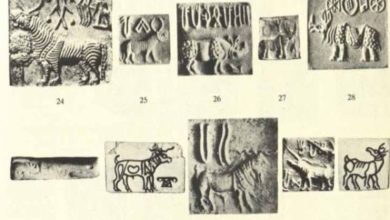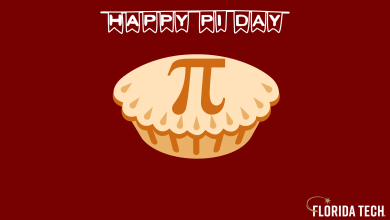Space Coast Impacts: University Works to Combat Expanding Cybercrime
Florida Tech is known across the globe for its industry-leading cyber research and for producing the highest-quality cybersecurity graduates.
By Eric Wright
Hardly a week goes by without a news story detailing a breach in a company or government cybersecurity network.
The threat of cyberattacks on our financial, political, military and infrastructure systems are likely to increase as technology advances and cyberterrorists become more emboldened to disrupt societies.
And much of the attacks that affect everyday Americans are not happening on a global scale but on individual ones, such as with credit card fraud and identity theft.
Cybersecurity Ventures, a leading global cyber economy researcher, predicts that cybercrime will cost the world $6 trillion annually by the end of 2021. The Federal Trade Commission estimates that as many as 9 million individuals annually have their identities stolen.
Into this wide and ever-changing chasm, Florida Tech has worked hard to attract leading experts to teach and lead research efforts.
What Florida Tech is known for, and has been for some time, is producing the highest-quality cybersecurity graduates, who are well ahead of their time. We are small enough to be agile and to be in touch with our students.
Dr. T.J. O’Connor, assistant professor, computer engineering and sciences
One example, executive vice president and provost Marco Carvalho, Ph.D., is a recognized authority on human and machine cognition. He is also head of the L3Harris Institute for Assured Information, a leader in cybersecurity and information assurance research and innovation.

Unlike other areas of academia, the leading authorities on cybersecurity are often found on the front lines of this dynamic battlefront.
Assistant professor T.J. O’Connor, Ph. D., completed his undergraduate study at the U.S. Military Academy at West Point but had been interested in computers from a young age.
“I think I was in the fourth grade when I got my first Apple IIc computer. I broke my leg playing soccer, and my parents were gracious enough to provide one,” he says.
A summer internship testing the secure communications in the military’s missile arsenal followed and laid the groundwork for a remarkable career some years later as one of the Army’s leading cyber experts.
Dr. O’Connor rose to the rank of lieutenant colonel and earned his doctorate degree while also managing four assignments in support of Special Forces, culminating as the chief information officer for the 1st Special Forces command headquarters.

“What Florida Tech is known for, and has been for some time, is producing the highest-quality cybersecurity graduates, who are well ahead of their time. We are small enough to be agile and to be in touch with our students,” Dr. O’Connor says.
Michael King, Ph.D., is an associate professor in the department of computer engineering and sciences who served for more than 10 years as a scientific research/program manager in the U.S. intelligence community.
“While I was working for the National Security Agency (NSA), I saw a ‘60 Minutes’ special [which reported] a presentation on facial recognition that captured my imagination,” Dr. King says. “Eventually, I was able to work with the individual featured in that piece at NSA. At that time, they were pushing the envelope in the biometrics field.”
Dr. King firmly believes that the technology being developed to address cybersecurity will make us all safer. Currently, he is working to ensure the technology is adaptive to gender and ethnicity, which is where a majority of his research is focused.
“The more I learned about the university, the more I was attracted to Florida Tech. I was looking for an organization that was willing to accept a nontraditional academic. I didn’t come up through the ranks of academia, but from the leading edge of where the technology was being conceptualized and developed,” he says. “Florida Tech respected and trusted that I had something different to bring to the table.”
While named for its aerospace roots, the Space Coast has become an incubator and generator of talent and technology that transcends the space industry. The “Space Coast Impacts” series highlights how our aerospace, marine, cyber and biomedical researchers continue to not only follow but also to lead our community on this profound trajectory.





